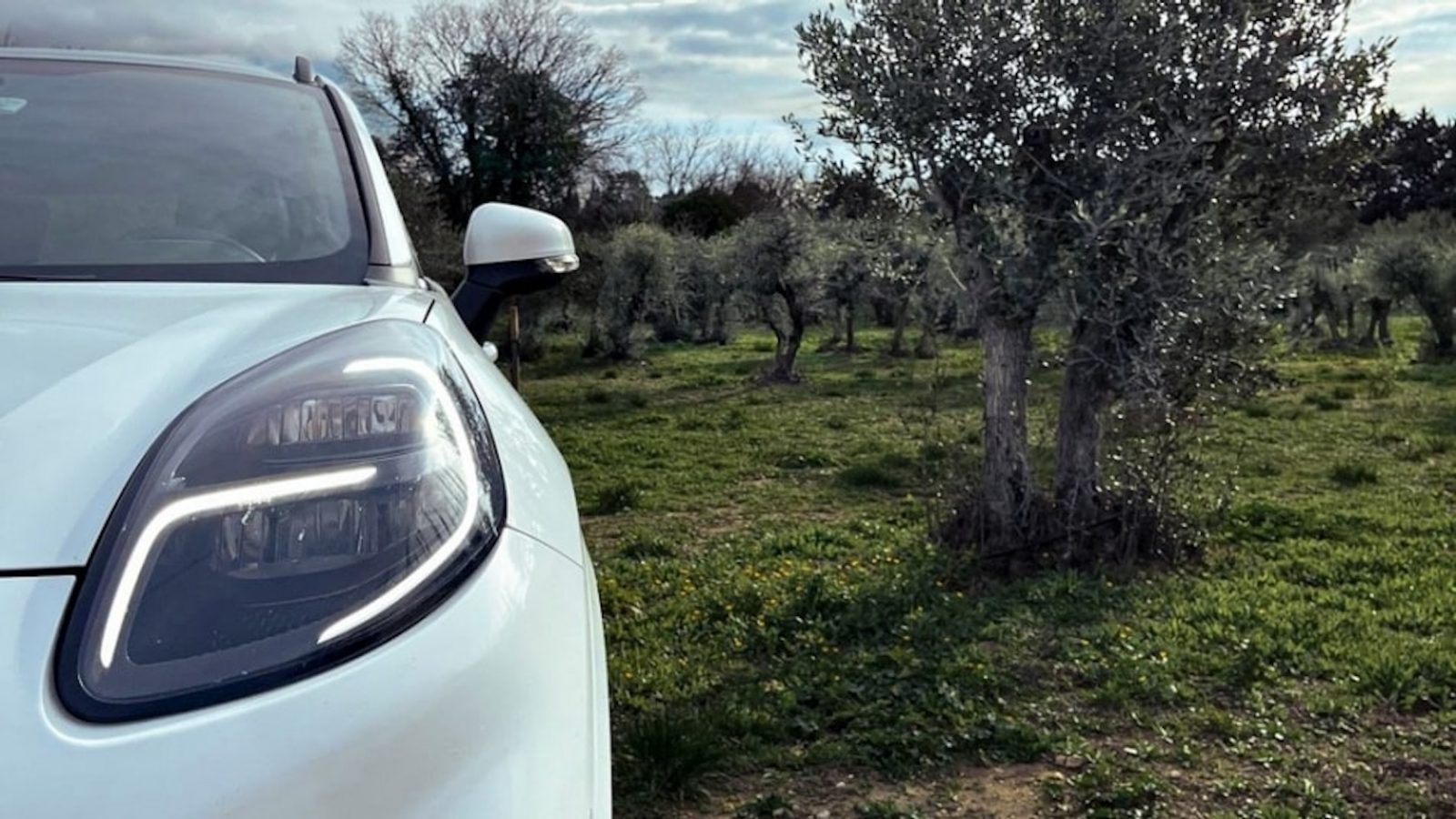Ford engineers in Germany have pioneered an innovative method to convert olive tree pruning waste into durable auto parts. The new technique could reduce plastic usage in vehicles and bring Ford closer to its sustainability goals.
As part of the COMPOlive project, Ford is exploring olive fibers as a renewable material source. Olive groves generate nearly 7 million tons of waste yearly from pruning trimmings. The Ford team in Cologne, Germany partnered with researchers across Europe to repurpose this abundant biomass.
Engineers combined olive tree fibers with recycled polypropylene plastic to produce prototypes. The composite material comprised 40% olive fibers and 60% plastic. It was heated and injection molded into selected parts. Initial testing suggests the bioplastic parts may be more durable than current components.
Using olive fibers enables lighter weight and plastic reduction in vehicles. This decreases carbon emissions over a part’s lifecycle. As an annually renewable material, olive fibers could provide a constant supply chain for Ford’s sustainability initiatives.
The biomaterial trials support Ford’s commitment to using more recycled and renewable materials. Past examples include soy foam seats in vehicles and ocean plastic wiring clips in the Ford Bronco Sport. As research continues, olive fibers may someday end up in Ford’s production vehicles. The company aims to build a more ecologically-friendly transportation future for all.
Our Thoughts
It’s encouraging to see major companies like Ford prioritizing renewability and waste reduction across their production processes. I’m excited to follow these promising trials and see how automakers continue closing the loop while working toward ambitious environmental targets.
